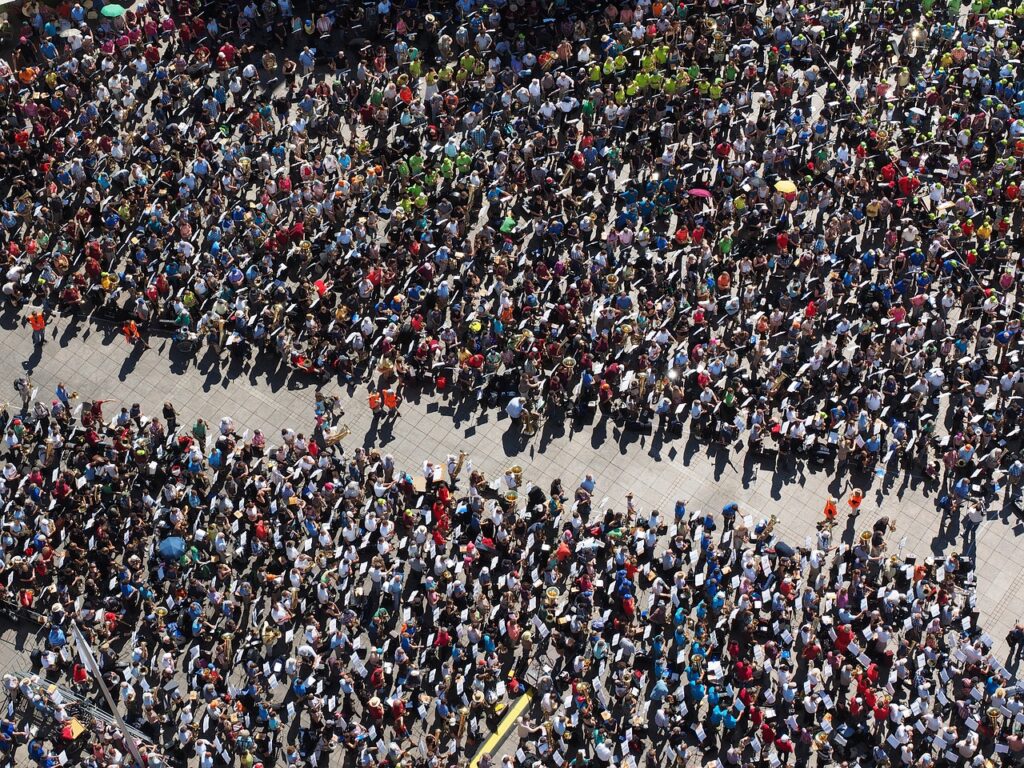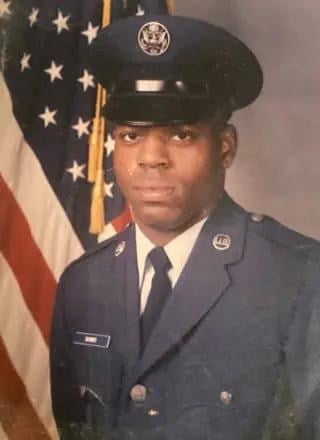
What should communities do about unruly kids?
First, let’s stop referring to them as such. They aren’t merely impish children engaged in harmless play.
That certainly wasn’t the case recently when “hostile and disorderly” kids and young adults marred the Gloucester Township Day celebration by carrying on for hours during and after the event earlier this month, according to an account in the Courier-Post newspaper. More than 100 officers responded, according to township police, and no serious injuries were reported.
But the offending groups’ “total disregard for others ruined a great family-oriented event,” said Police Chief David Harkins, describing how an estimated 500 young people – many from outside the township – began fighting and dashing through the event crowd.
Police charged 10 juveniles from ages 13 to 17 and one adult with disorderly conduct; only one was a township resident, the Courier-Post reported.
The following week, a summer kickoff festival in Pennsauken was disrupted by four young adults and two juveniles who were charged with disorderly conduct after they failed to disperse, said the town’s police department. All were Pennsauken or Camden residents, and one adult also was charged with resisting arrest.
The Jersey Shore wasn’t spared trouble from crowds of young people who wreaked havoc over the Memorial Day weekend in Ocean City and Wildwood. A 15-year-old was stabbed in Ocean City and “combative crowds swarmed Wildwood’s boardwalk, prompting a state of emergency,” according to the Courier-Post.
Authorities are often conflicted about how to keep such incidents from happening. More curfews? Fines for parents? New legislation?
Wildwood Mayor Ernie Trioano told New Jersey 101.5 his town “will not tolerate unruly, undisciplined, unparented children, nor let the laws of the state tie the hands of the police.”
Officials in other Shore towns – and the state’s Policemen’s Benevolent Association – want New Jersey to reassess juvenile justice reforms approved in 2020 that limit when police officers can jail young people engaged in minor offenses.
The measures were meant to cut down on the number of teens and young adults arrested for minor crimes, according to nj.gov. But critics claim the rules deprive police of control in certain situations and allow teens to evade responsibility for their actions.
“There needs to be real consequences for violent, drunken and dangerous behavior for both juveniles and adults,” Peter Andreyev, president of the Policemen’s Benevolent Association, told nj.com, including bail reform and giving police the authority to bring unruly or even violent juveniles into custody so their parents can take responsibility for their actions.”
Curfews aren’t foolproof either when it comes to stemming violence in young people. More than 400 towns, cities and counties – including at the Jersey Shore – have enacted curfews, according to the National Youth Rights Association. But they can be “ineffective at reducing crime and victimization,” according to the findings of 12 studies published in 2016.
Fines for the parents of troublemakers have drawbacks, too, according to a story in Time magazine that notes such punishment has not proven to significantly prevent crime. At the same time, fines or penalties can be a wake-up call for parents to address their offspring’s behavior, notes empoweringparents.com.
But it’s also important, the site explains, “to consider that some children may have underlying issues like learning disabilities that contribute to the behavior and can be unfair to parents who are genuinely trying to address their child’s challenges.”







